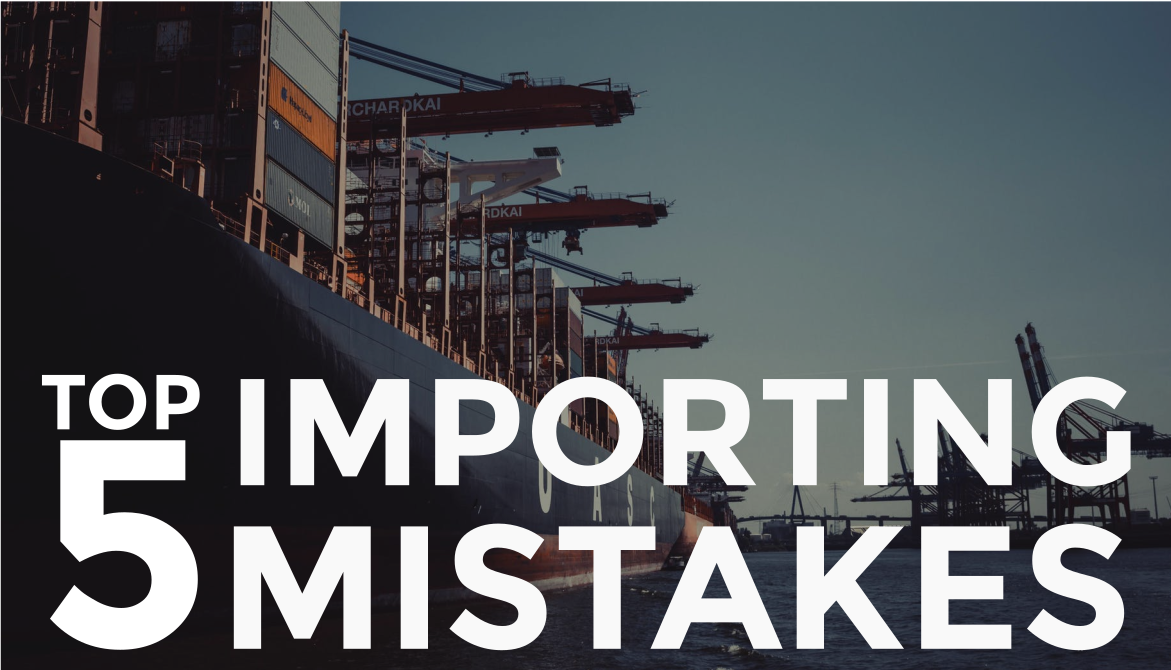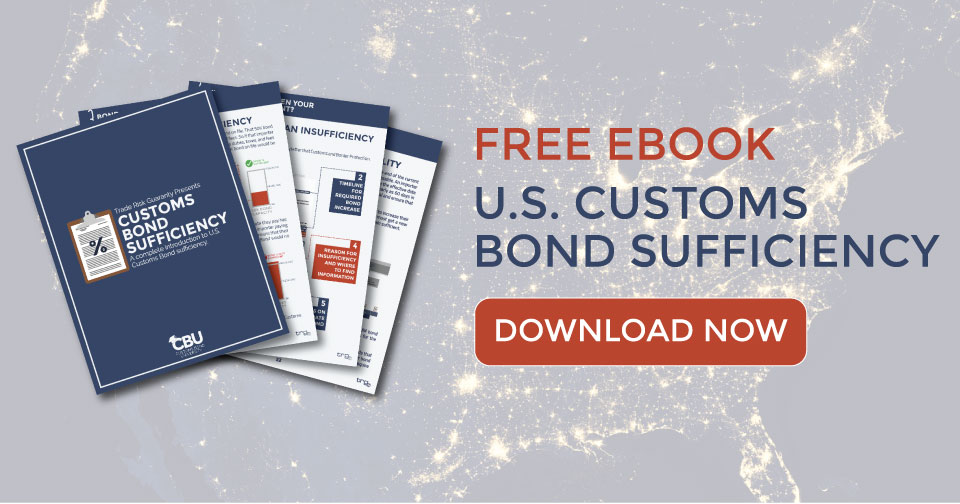There are many things an importer must keep track of to run a successful operation. Here are five avoidable importing mistakes that can keep even the best operations from reaching their full potential.
Disregarding the Importance of Supply Chain Management
Supply chain management is one of the most important of an importer’s duties. Disregarding the due diligence to avoid importing mistakes through supply chain management in this area cannot be stressed enough. Although hiring a professional to manage supply chain operations is a possibility, there is never any substitute for a business owner’s vigilance. Importers who maintain close contact with their operations and audit their supply chains regularly are much less likely to experience any of the unfortunate consequences of a sloppy operation.
Lacking Compliance
One of the easiest ways for an importer to sink themselves is to operate under the false assumption that compliance isn’t important. Running an operation that doesn’t strictly follow compliance guidelines is not only financially risky; it can put an importer in legal jeopardy with the government. And if there’s ever anyone you don’t want to go to court with, it’s the government. There are countless references and resources out there for importers to learn about the best ways to adhere to compliance guidelines. Successful operations make use of these resources regularly.
Overpaying
There are many choices an importer must make regarding their partners in business. Some of these choices can be costly if hastily made. Although it may seem like you’re getting a good deal, there is most likely always a better one out there; all it takes is the willingness to go out and get it. Paying more than what is necessary will slowly defeat any business through a process of attrition. Taking the time to hunt down a more agreeable deal is almost always worth the time and effort.
Lack of Risk Management
Importing can be a risky business. There are countless ways for things to go wrong in an importing operation, but luckily there is an almost equal number of methods to mitigate those risks. For example, understanding the intricacies of a marine insurance policy can go a long way towards lessening the risk of loss that an importer is exposed to. Knowing what an all-risk policy is, or what a general average case could mean to an import business is important knowledge.
General Complacency
Due to the myriad risks involved with importing goods from foreign countries into the United States, it follows that the manager of an import operation must maintain an attitude and culture of vigilance. Importing without giving the process the respect it deserves is bound to result in problems.
By considering these common mistakes that others have made, an informed importer will have a much higher chance of success in their operation. Keep an eye out for more information on CBP’s website, and of course, on TRG Peak.







